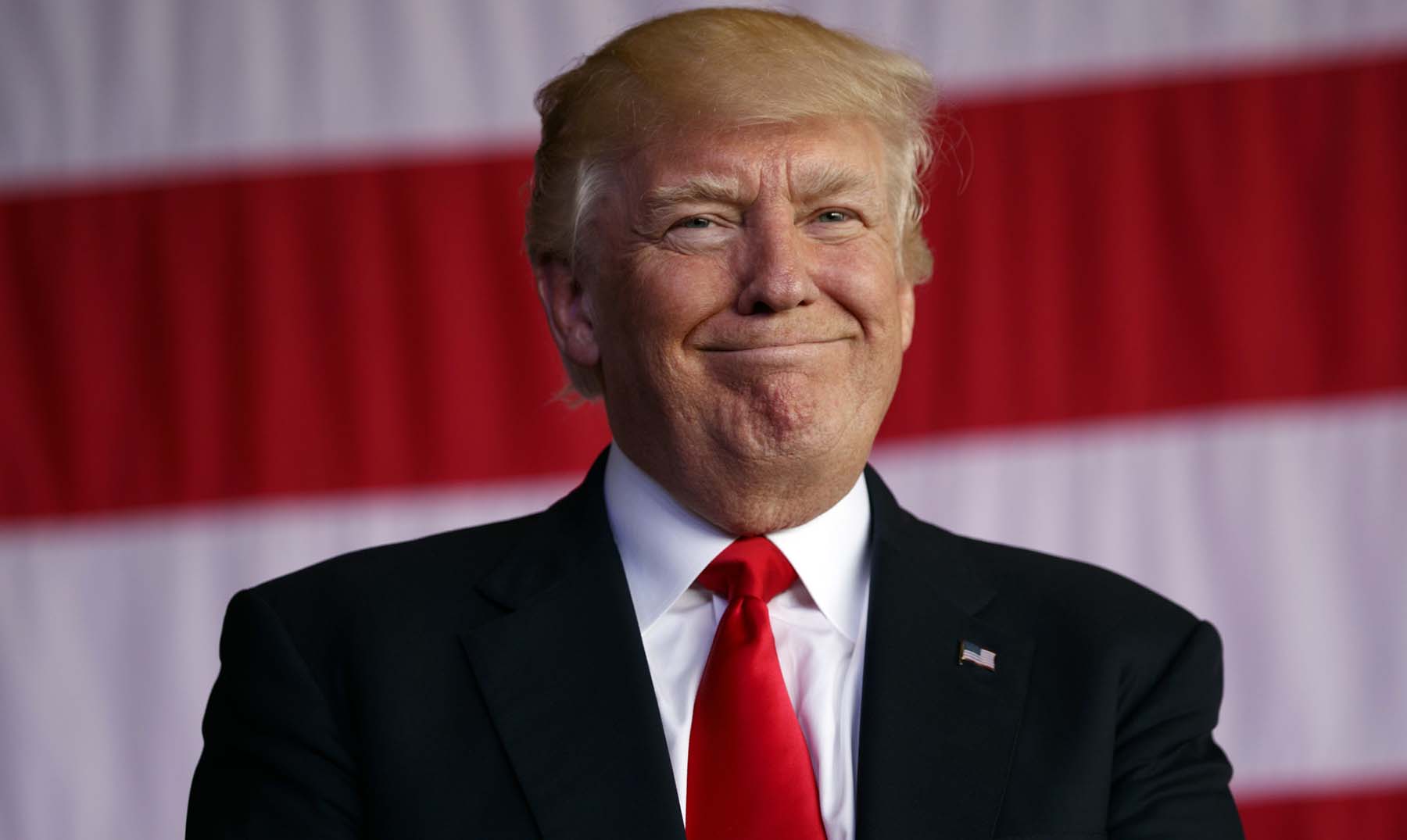
The degree of corruption displayed by the Trump administration is on a scale that is hard to keep track of, and hits so close to home that we often forget about the wider global implications of having an incompetent, at best, and more likely a traitorous “president”. As many of us have realized since Day 1, the antics of the Distractor-in-Chief have served as excellent cover for his real agenda: covertly implementing pro-corporate policies.
In this vein, another international issue that flew under the radar recently was the withdrawal of the U.S. last month from the Extractive Industries Transparency Initiative (EITI) as an implementing country. Through President Barack Obama, the U.S. joined the "Anti-Corruption Pact," as it has been called, in 2011.
Now, Trump's hasty decision to pull out sends an unmistakable signal: corruption is tolerated if it helps line corporate pockets. According to Trump and lots of Republicans, anything regulating business is bad, even transparency. But the reality is that removing the U.S. from EITI benefits no one.
Launched in 2002 by then UK Prime Minister Tony Blair, EITI helps address the systemic corruption in countries whose GDP relies primarily on resource extraction. More than 52 countries across the world have joined the pact, which imposes international standards on business transparency so as to hinder illicit payments such as bribes or other forms of corruption. The basic idea of the Anti-Corruption Pact is simple: if extractive firms and corporations are forced to publicly disclose their contributions to government, then citizens can hold them accountable. The agreement is designed to help countries avoid the perils of the so-called “resource curse” often faced by undeveloped, resource-rich nations.
It's little surprise that the countries that have benefited from the EITI regulations are among the poorest and most corrupt in the world, for example, Ghana and Azerbaijan.
The Chairman of the initiative, Fredrik Reinfeldt, responded to Trump's decision in a prepared statement, saying, "This is a disappointing, backwards step. The EITI is making important gains in global efforts to address corruption and illicit financial flows." Some have interpreted the U.S. withdrawal from the EITI as part of the country's indiscriminate and large-scale gutting of regulations, treaties and international agreements. But there is also concern that the Trump administration is giving extractive industries too much control over their own regulations.
In a resignation letter written by a Department of Interior official-turned-whistleblower, Joel Clement stated: “Secretary Zinke: It is well known that you, Secretary David Burnhardt, and President Trump are shackled to special interests such as oil, gas, and mining.” In light of the recent news, the fact that Interior Secretary Zinke oversees the Department of Natural Resources Revenue is indeed troubling.
During his time in Congress, Zinke, then a representative from Montana, consistently voted and legislated in favor of extractive industries. Watchdog groups have raised concerns about contributions Zinke received from those industries, totaling at least $345,000 since 2003. Other members of the Trump administration also have ties to extraction industries, notably Secretary of State Rex Tillerson, the former CEO of ExxonMobil.
It's no secret that the “fox guarding the henhouse” approach has typified the Trump administration’s approach to governance from the start. And given Trump’s long history of favoring Big Oil and non-renewable resources, protecting oil companies from having to declare foreign payments on their taxes may now be at the root of the U.S.'s withdrawal from the EITI.
The Department of Natural Resources Extraction contends that the EITI didn't take account of the complex U.S. legal framework, explaining that laws such as the Trade Secrets Act prevent the U.S. from participating. The department put forward industry research – which was itself funded by the extractive industry – arguing that there is no clear relationship between “good governance” and the EITI.
However, even this research has acknowledged that the pact may ultimately prove effective in some countries. Meanwhile, other research has shown that although the EITI doesn't have a clearly positive effect on the rule of law and control of corruption, it has had a positive effect on government effectiveness, economic development and regulatory quality.
The specious argument made by Big Oil is that the EITI isn’t 100 percent successful in eradicating corruption, therefore we shouldn’t engage in it at all. However, none of the research shows that the EITI does any demonstrable harm or provides a justifiable reason not to participate. The real reason for U.S. withdrawal from the EITI, it seems, is so that the extraction industry can hide its contributions to foreign governments, including bribes.
Strangely, Exxon itself last month came out in support for the EITI, saying it will voluntarily participate in the pact despite the U.S.’s withdrawal. This draws into question the real motives behind Trump's move to bring down 15 years of anti-corruption negotiations. Is it solely for corporate interests? Or perhaps it is just another example of Trump’s hatred of anything Obama touched, and succeeded in accomplishing.
The decision to pull the U.S. out of the Extractive Industries Transparency Initiative may not affect our everyday lives as Americans. But it destroys hope for reform in the world’s darkest corners, and further damages America’s credibility as an international mediator or fair player on the world stage. While the country's withdrawal from the global Anti-Corruption Pact may have slipped through the autumn news cycle, it will have repercussions on international relations for decades to come.
3 WAYS TO SHOW YOUR SUPPORT
- Log in to post comments












